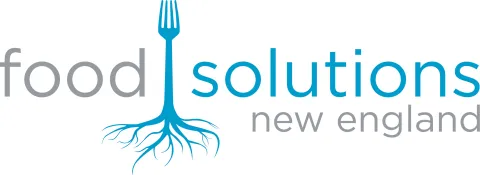Food Solutions New England (FSNE) is a regional food systems learning-action network dedicated to advancing a sustainable New England food system. The FSNE network is organized around four interrelated activities:
A New England Food Vision, a bold vision that calls for our region to build the capacity to produce up to 70% of food that is produced in an environmentally and socially sustainable manner, that promotes health and is accessible by all New Englanders by 2060;
New England state food planning initiatives;
annual New England food summits and topical workshops; and
related analysis, communication and visualization.
The UNH Sustainability Institute serves as the backbone organization for FSNE. Since its inception in 2006, FSNE has advanced its mission by linking a common agenda, shared measurement, continuous communication, and synergestic activities.
Most recent forum post by dorn
Most recent forum post by Jeff Piestrak
Most recent forum post by elfarrell
| Forums | Posted | |
|---|---|---|
| Testing FSNE | Food Solutions New England |

Most recent comment by dorn